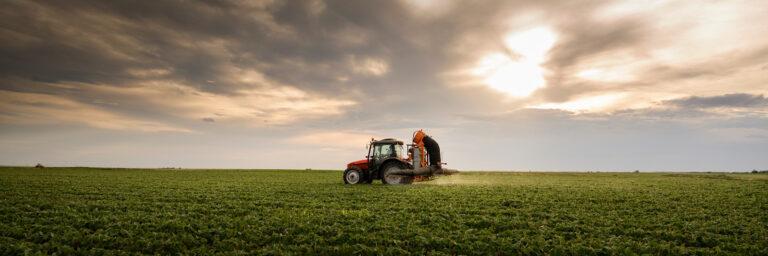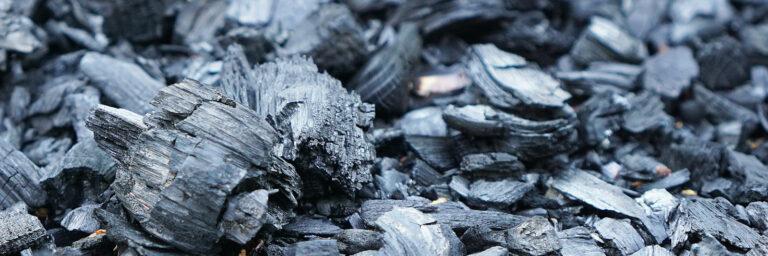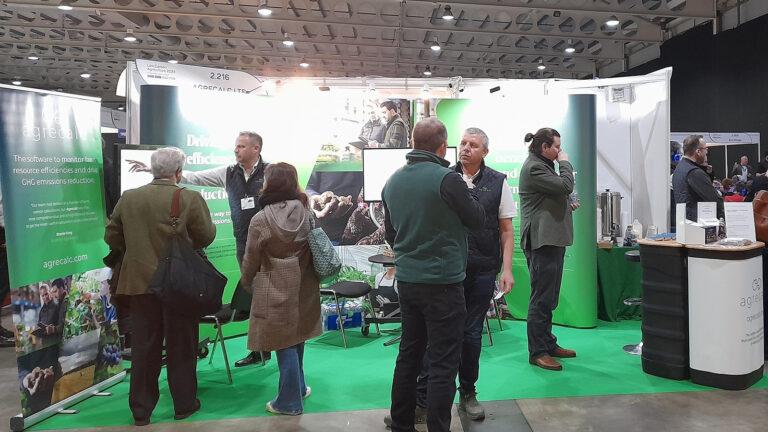
April Business Update: SRUC
After two years of operation as a Limited Company, Agrecalc became part of Scotland’s Rural College (SRUC) as of 1 April 2025.
The broadcast left out crucial information about the issue in question. Since the inconsistencies were first discovered, Agrecalc has:
Currently, we are working on:
For the assessment on the Hengwrt farm in Wales, we provided both gross and net emissions. We are confident that gross emissions and net emissions are reported accurately, apart from an issue with the beta test version of the soil carbon module.
Agrecalc had been developing our soil carbon module with the help of our customers. The consultants, who did Hengwrt’s report, were part of a small group working with us to test the module. We planned on using the data generated to help refine it.
Testing of a new module in this way, is a very normal part of software release and development and requires real-life data inputs to allow for refinement before wider release. We have tested various elements of our software before with multiple stakeholders: this provides objective information capture from interested parties and incorporates solutions to problems that would have remained unknown if not tested by potential end users.
We involve our customers in this process, so that we can understand what they need, and to understand the challenges they are trying to resolve.
Once this issue was drawn to our attention and investigated, we discovered that assumption thresholds embedded into the module, specifically those associated with grassland management practices, were causing overestimation of soil carbon sequestration in certain instances. In the case of Hengwrt, this issue had caused overestimation in one specific grassland system of three present on the farm.
This does not apply to all reports that have used the soil carbon module.
We withdrew the access of the testing group, so that we could work on addressing the issues that were raised. We accept that we should have sought feedback from users more quickly, and are grateful that the Hengwrt farm report was flagged.
The soil carbon module is currently being updated and refined, and will continue to evolve as the science evolves. On release later this year, all soil carbon reports will be re-run.
Testing various elements of our software with multiple stakeholders provides objective input of real-life data, and incorporates solutions to problems that would have remained unknown if not tested by potential end users.
Since November 2023 we have paused the module, whilst we make refinements and updates. We will release a new version later this year that addresses the issues the Hengwrt report highlighted and will allow for more accurate estimation of soil carbon storage potential.
Immediately on investigating and verifying these inconsistencies, we contacted the consultants involved in the testing, including those who carried out the audit at Hengwrt.
The Agrecalc team do not have direct access to farmers due to legal constraints; our client is the consultant, and the farmers are the client of the consultant. The module was never released to farmers, only to the consultants.
We asked our consultant users, by email, newsletter, blog and phonecall, to contact their clients (the farmers) to inform them of this issue and of the inconsistencies in results for some farms, and that numbers are not to be taken as absolute values.
The soil test module results were released to provide users with the potential impact of practices on soil carbon sequestration only. Absolute values can only be obtained by a robustly measured, and repeated, soil sample.
Where we had gone wrong in the first instance was in not putting enough governance processes around the usage of the module and the feedback mechanism. When you give people a number they are inclined to use it.
Subsequently, we are creating new training courses and educational material, and we will re-train our consultant users once the updated soil carbon module is released later this year. We are also strengthening our communications around the use of this module to include the limitations around the numbers.
The soil test module results were released to provide users with the potential impact of practices on soil carbon sequestration only. Absolute values can only be obtained by a robustly measured, and repeated, soil sample.
We always firstly promote emissions reduction and better on-farm resource efficiency, before examining any form of carbon sequestration. There is currently no replacement for an actual measured, and repeated, soil test result (to appropriate FAO / IPCC standard) to monitor changes in soil organic stocks.
The updated version of Agrecalc will also allow the inclusion of actual, robustly, measured soil sample data, that will be repeated in due course.
We will contact our consultant users in due course, to gather the additional information to re-run these affected reports (and all soil carbon module results).
Once the module is ready to gather this data, we will re-run and re-issue all reports in Agrecalc that have used the soil carbon module – including Hengwrt.
Soil carbon is an area where we still have large gaps in knowledge – both from the scientific community and in practice. However, the state of scientific knowledge is evolving continuously and quickly. As a carbon footprint tool, this increasing knowledge base allows Agrecalc to better reflect on-farm practices and the potential impact of those practices on soil carbon pools and soil carbon storage.
There is unfortunately a misconception that soil carbon sequestration can be a silver bullet to achieve net zero on farms.
To our current knowledge soil is not capable of sequestering carbon forever, nor necessarily permanently.
A realistic estimation of carbon sequestration under optimal management conditions and land-use is between 0.25-2.5 t/C/ha in the UK – with the upper end of this scale dependent on soil type, climatic conditions and inputs. Biochar for example, has some promising results so far – but research is needed in terms of potential trade-offs.
Farm carbon assessments are crucial to meeting the legislative goals we have been set to reduce emissions from agriculture.
As of yet, carbon assessments are not mandatory in order to receive grants and subsidies; but likely will be in the future.
A farm carbon audit – as part of a wider farm sustainability assessment – is key. Tools like Agrecalc provide farmers with visibility of their emissions and set a baseline to identify opportunities to reduce emissions.
We enable and empower farmers to make data-driven decisions and set their own emissions reductions targets. As a general rule, the more efficient the farm, the lower their carbon footprint.
Agrecalc, as a resource efficiency tool, is part of the story in helping the UK agricultural sector transition towards more sustainable and, crucially, more climate-resilient management practices.

After two years of operation as a Limited Company, Agrecalc became part of Scotland’s Rural College (SRUC) as of 1 April 2025.

Biochar is a carbon-rich material produced by pyrolysing biomass, which offers a variety of potential agronomic benefits. In this guest article, Black Bull Biochar discusses how these effects work together to bolster productivity, sustainability, and resilience in farming.

The Agrecalc team is looking forward to welcoming you at our stand (2.844) at this year’s Low Carbon Agriculture Show, taking place on March 5 and 6, at NAEC Stoneleigh near Kenilworth.